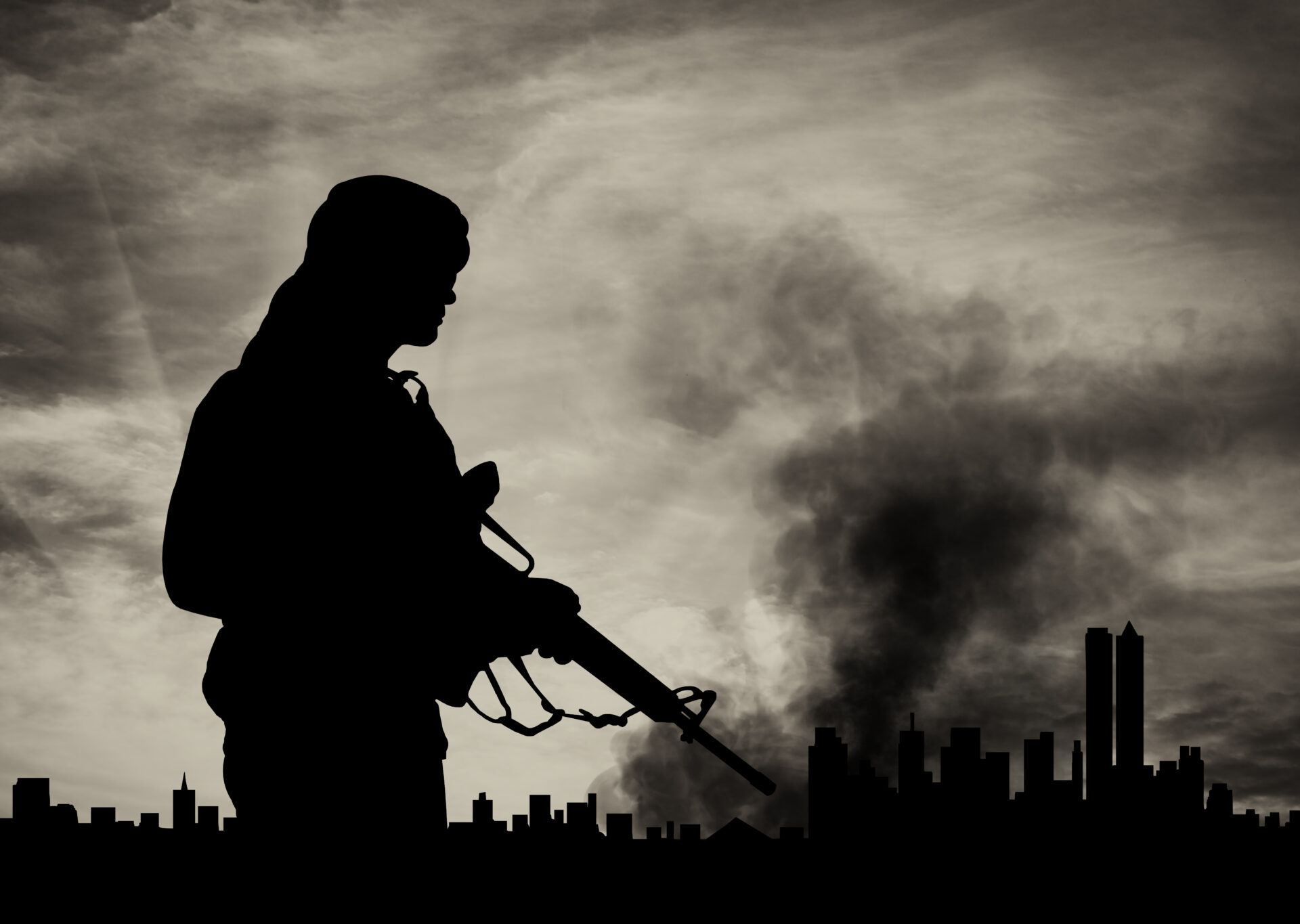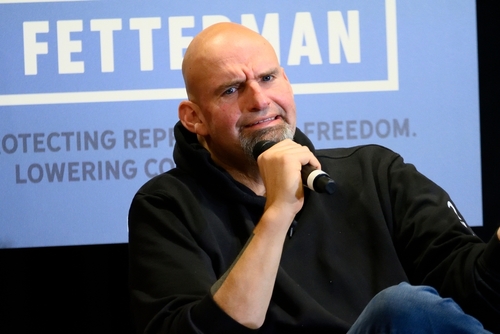
Newark Mayor’s past support of controversial leader raises concerns
Listen To Story Above
Newark Mayor Ras Baraka’s controversial ties to Nation of Islam leader Louis Farrakhan are drawing increased attention as he sets his sights on the New Jersey governorship.
The Anti-Defamation League and Southern Poverty Law Center have designated Farrakhan, 91, as an extremist, citing his alleged discriminatory remarks against Jewish people, white individuals, and the LGBTQ+ community.
“You and I are going to have to learn to distinguish between the righteous Jew and the Satanic Jews who have infected the whole world with poison and deceit,” Farrakhan stated during a mosque address in 2018.
Despite these controversies, Baraka openly endorsed Farrakhan as an exemplary figure while serving as Newark’s deputy mayor in 2004, introducing him at a local event.
Newark Mayor Ras Baraka’s ties to Louis Farrakhan resurface: ‘Divisive and hateful rhetoric’ https://t.co/8ehi92ZXRn pic.twitter.com/7fHY1977DW
— New York Post (@nypost) March 24, 2025
“I don’t think that there’s any man today, present today, that has the kind of moral authority or spiritual strength,” Baraka said of Farrakhan at the time.
“Not president, not community leader, not political international activist. No one that has the moral authority, the historical and political framework that the Minister Farrakhan has who can stand where he stands and truly say that he is the leader of black people anywhere and everywhere,” Baraka declared.
During that same gathering, Farrakhan employed racial slurs against white people, referred to them as “the real devil,” and made inflammatory claims about the government using prisons to spread AIDS within the Black community, while also using homophobic language.
“Right now, they send you to prison, and they turning boys into girls. And you coming out of jail with your backside as big as the Holland Tunnel. And then you start moving on the down low. You’re with a woman by day and another man by night. And then you say, ‘I ain’t no f—-t.’ And now all our women filled with the AIDS virus. How the hell did you get that? You can’t see that the enemy is plotting our destruction?” Farrakhan stated.
Jewish community leadership has expressed serious concerns about these associations. Jason Shames, who leads the Jewish Federation of Northern New Jersey, expressed strong opposition to any alignment with Farrakhan.
“Louis Farrakhan is an outspoken vehement Antisemite who called Jews the ‘enemy’ and never wasted an opportunity to spill vile hate towards Jews,” Shames stated. “Any association or fondness of Farrakhan is a major concern and threat to our great American society. Likewise is his hatred of the LGBTQ community. We strongly encourage total disassociation with Farrakhan and a denunciation of his divisive and hateful rhetoric.”
🚨Never forget Mayor of Newark Ras Baraka –
who is also running for Governor of New Jersey is so dumb,
he allowed himself and the entire city to be catfished🚨 pic.twitter.com/DcW449R637— Defender of the Republic 🇺🇸 (@realdefender45) March 5, 2025
Baraka’s campaign team has not provided any response to these concerns.
The Democratic gubernatorial race includes several other prominent candidates, such as Steve Fulop of Jersey City, Representatives Josh Gottheimer and Mikie Sherrill, NJEA President Sean Spiller, and former state Senate leader Steve Sweeney. The Republican field features previous nominee Jack Ciattarelli, former radio personality Bill Spadea, and Mario Kranjac, who previously served as Englewood Cliffs’ mayor.
The controversy surrounding Baraka extends to his family history. His father, Amiri Baraka, faced significant backlash during his tenure as New Jersey’s poet laureate in 2002. The elder Baraka composed a controversial piece titled “Somebody Blew Up America,” suggesting Israeli foreknowledge of the September 11 attacks.
“Who knew the World Trade Center was gonna get bombed/Who told 4000 Israeli workers at the Twin Towers/To stay home that day/Why did Sharon stay away?” the poem read.
The ensuing controversy led to calls for Amiri Baraka’s removal from his position, including from then-Governor James McGreevey. When Amiri Baraka refused to step down and no legal mechanism existed for his removal, the state legislature responded by eliminating the poet laureate position entirely in 2003.




